News
Why int'l experts say Vietnam should be economic model for North Korea?
Mar 03, 2019 / 04:05 PM
Vietnam and North Korea have similar background in national protection. But how they responded has set them on different paths after decades.
The selection of Vietnam for the second summit between US President Donald Trump and North Korean leader Kim Jong Un has somewhat guided the possible reproduction of some economic models that have portrayed Vietnam one of the world’s fastest-growing economies.
First of all, Vietnam serves as case study of foe-turned-ally. Vietnam and the US, once military enemies, are now parties in trade.
Trade between Vietnam and the US has skyrocketed, growing from US$451 million in 1995 to roughly US$60 billion in 2018, according to the two countries' statistics.
“The United States is the largest destination for Vietnamese goods, such as clothing, electronics, footwear and seafood. For its part, Vietnam imports machinery, vehicles, and agricultural products from the United States," according to the US Council on Foreign Relations.
Vietnam has opened up to major US brands namely KFCs, Starbucks, McDonald’s, Burger Kings, Brooks Brothers, Popeye’s, Pepsi-Cola. Currently, giant American corporations in Vietnam include Amazon, Cisco, Citibank, Coca-Cola, Google, Metlife, Pfizer and Agoda.
US Ambassador to Vietnam Daniel Kritenbrink in a meeting with Vietnamese Foreign Minister Pham Binh Minh in January 2019 said that Vietnam is the US’s leading trade partner in Southeast Asia and the bilateral cooperation remains vigorous.
That history could offer Kim a roadmap for making with the world’s mightiest superpower, according to Bloomberg.
Secondly, Vietnam-style reforms should be inspirations for North Korea. Accordingly, Kim is reported to have already discussed the reforms to transform his country – a dilapidated economy.
Vietnam and North Korea have similar background in national protection. Both fought wars with the US and both among few nations that retain communist elements.
In 1980s, both had poor-performing state-led economies and experienced the shock of aid and trade loss when the Soviet Union fell.
But how they responded has set them on different paths.
Like North Korea now, Vietnam between 1975 and 1995 was crippled by economic sanctions and a US trade embargo. And even though Vietnam started liberalizing its economy in 1986 (or ‘Doi Moi’ – reforms) and its prospects were still grim.
Vietnam has posted an impressive record of growth since the “Doi Moi”, lifting national income per capita from less than US$95 in 1990 to $2,600 in 2018 (compared to about US$1,100 in North Korea) while maintaining firm one-party control over the political system and avoiding political and social unrest.
The Vietnamese government introduced market-led economic reforms, downsized its military, improved relations with the US, and opened itself to the world for aid, investment, and trade. Japan, South Korea and Germany are also its important customers.
Since then, Vietnam completed more than a dozen of free trade agreements as it embraced a “socialist-oriented market economy” and welcomed international companies, such as South Korean tech giant Samsung which has brought more than 100,000 jobs to Vietnam.
Its exports expanded to more than 100% of national output in 2017 from about 70% a decade earlier.
Most of all, Vietnam highlights the true lesson of Asia’s record of modernization: Any poor economy, no matter what its history and cultural background, can alleviate poverty and industrialize with the right mix of policies, the Japan Times stated.
Vietnam now has one of the highest GDP growth rates in the world. North Korea on the other hand, has one of the lowest. That’s because the North Korean government headed in a much different direction. It adopted isolationist, self-reliant economic policies, and increase military tensions by pursuing a nuclear weapons program and took a confrontational approach toward the US. Although its economy was stronger than South Korea’s in many areas through the 1970s.
The US’s expectations
The US has long offered North Korea a chance to develop its moribund economy in exchange for abandoning its nuclear program. The US President Donald Trump tweeted during the second summit with Kim in Hanoi last month noted that “Vietnam is thriving like few places on earth. North Korea would be the same, and very quickly, if it would denuclearize.”
“In light of the once-unimaginable prosperity and partnership we have with Vietnam today, I have a message for Chairman Kim Jong Un: President Trump believes your country can replicate this path,” said US State Secretary Mike Pompeo, noted that “It’s yours if you’ll seize the moment. The miracle could be yours; it can be your miracle in North Korea as well,” the ABC News quoted Pompeo as saying that.
Why Vietnam can do?
Vietnamese economist Le Dang Doanh, a former advisor to several Vietnamese prime ministers and former Central Institute for Economic Management (CIEM), has met multiple times with North Korean delegations over the years, most recently in 2014.
“The North Korean delegations all the time asked me, ‘Why did you normalize relations with the US?’ and “You have been fighting for so long and now you make friends with Washington, how did you do it?'", the NPR quoted him as saying that.
The simple answer, he says, was necessity!
“I told them we never forget the past,” the economist says. “But now we look to the future. And Vietnam must develop the economy, must industrialize, and it’s the best way to have a normal and friendly relation to the US,” he noted.
Is a possible path?
Analyst Hoang Ngoc Giao, director of the Institute for Policy, Law and Development Studies in Hanoi, told NPR that he think this is a very good chance to show Kim Jong Un about our success in economic development and in keeping communist power in place.
North Korea is now like Vietnam in the past. They are looking for new ways to get out of their isolated situation with the world. The Vietnamese model of economic prosperity without sacrificing political control could work well for the North Korean strongman, he believes.
Kim’s regime seems intent on an economic turnaround and Vietnam offers a route to follow. In November 2018, North Korean Foreign Minister Ri Yong-ho visited Vietnam and expressed that his country was keen on Vietnam’s economic models, especially hi-tech agriculture. In mid-February 2019, Vietnamese Deputy Prime Minister and Foreign Minister Pham Binh Minh visited North Korea with a message that it stands ready to share its experience
During the visit to Vietnam for the Trump-Kim second summit late last month, delegations of North Korean officials visited different places of Vietnam, including Ha Long Bay; military-led Viettel Group – the giant telecom company with networks in 10 countries namely Peru, Cambodia, Laos, Haiti, Burundi, Timor Leste, Mozambique, Cameroon, Myanmar, and Tanzania; Vinfast automobile factory owned by Vingroup – the largest private conglomerate in Vietnam; and a plastic plant.
Others proffer evidence that Kim has already overseen a sizable shift towards a more free-market economy. But he has yet to make a decisive break favoring butter over guns. We’ll see if Vietnam changes his mind.
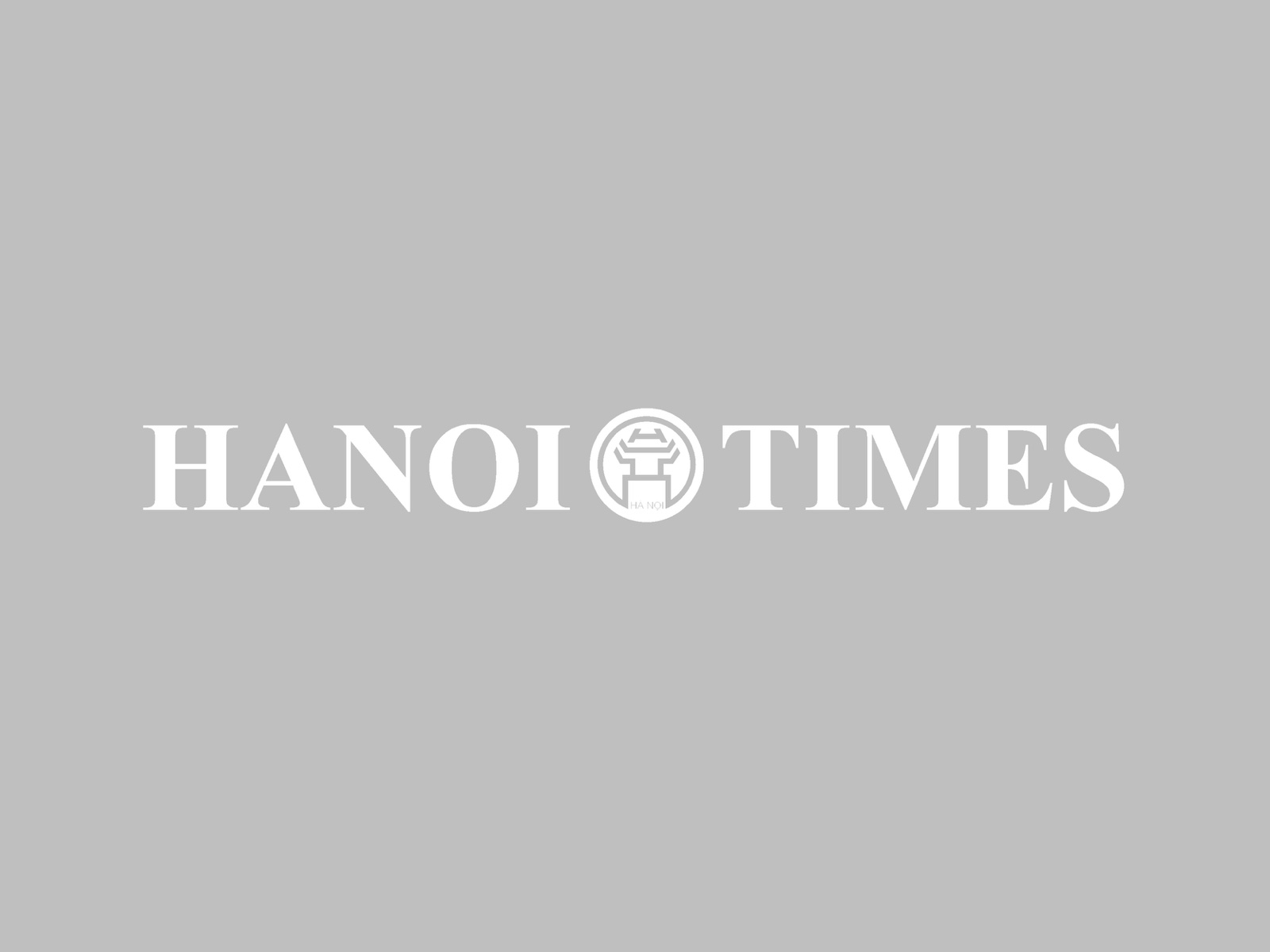
Vietnamese President Nguyen Phu Trong and North Korean leader Kim Jong Un in Hanoi on March 1. Photo: VNS
|
Trade between Vietnam and the US has skyrocketed, growing from US$451 million in 1995 to roughly US$60 billion in 2018, according to the two countries' statistics.
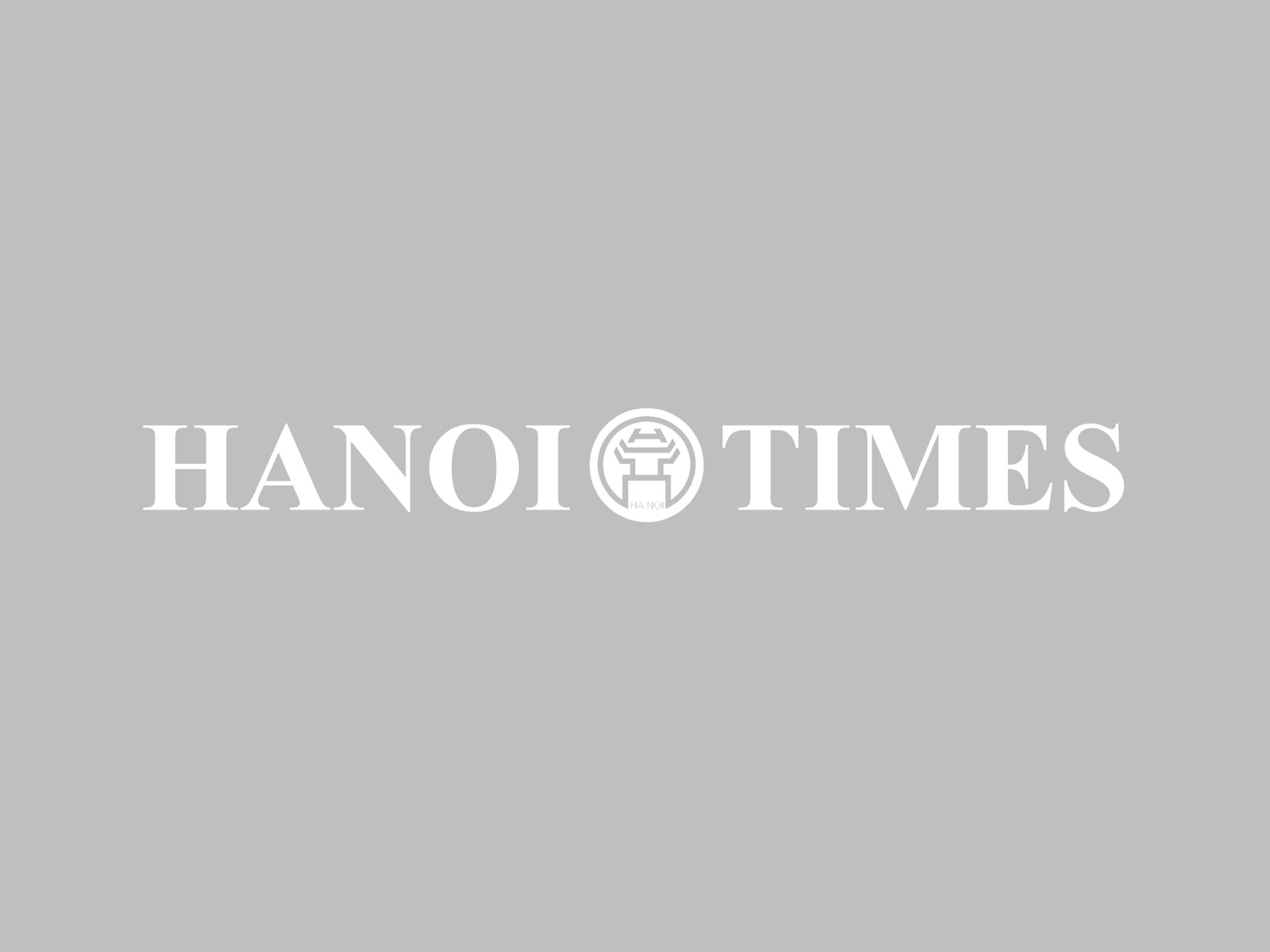
People in HCM City welcome US President Barack Obama in May 2016. Photo: Soha
|
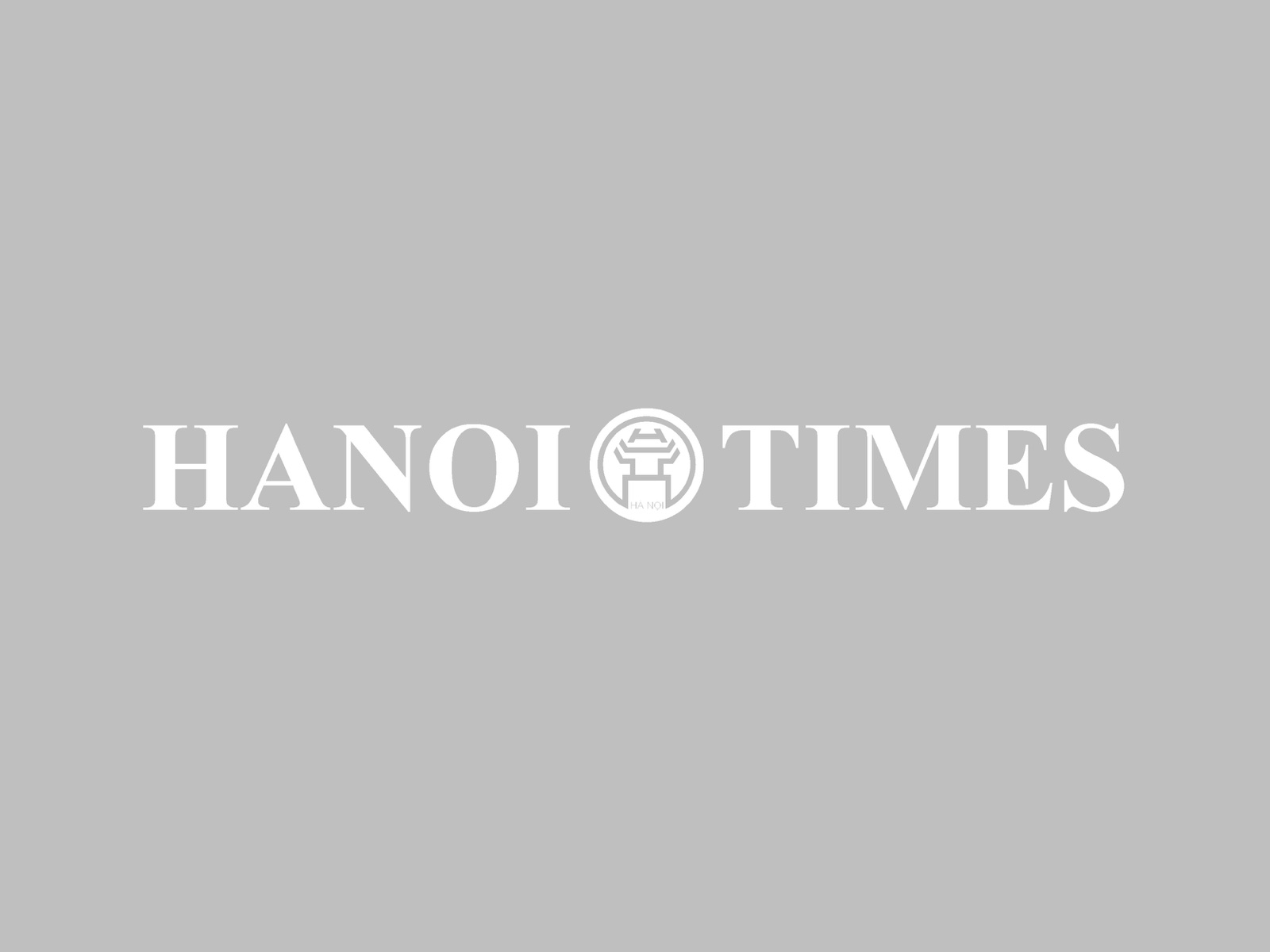
People in Hanoi welcome US President Barack Obama in May 2016. Photo: Soha
|
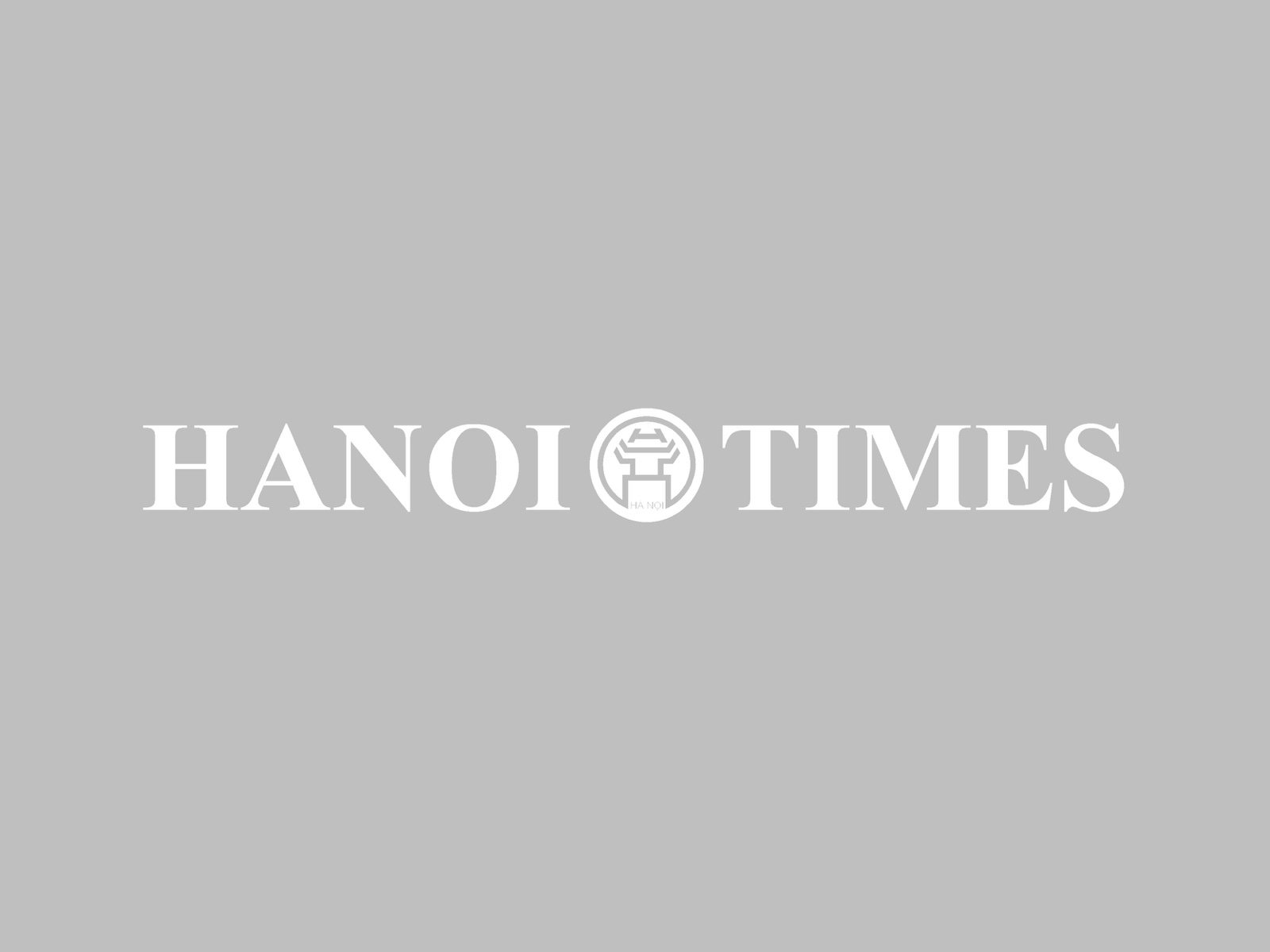
Locals welcome US President Donald Trump in Hanoi on February 27. Photo: Reuters
|
That history could offer Kim a roadmap for making with the world’s mightiest superpower, according to Bloomberg.
Secondly, Vietnam-style reforms should be inspirations for North Korea. Accordingly, Kim is reported to have already discussed the reforms to transform his country – a dilapidated economy.
Vietnam and North Korea have similar background in national protection. Both fought wars with the US and both among few nations that retain communist elements.
In 1980s, both had poor-performing state-led economies and experienced the shock of aid and trade loss when the Soviet Union fell.
But how they responded has set them on different paths.
Like North Korea now, Vietnam between 1975 and 1995 was crippled by economic sanctions and a US trade embargo. And even though Vietnam started liberalizing its economy in 1986 (or ‘Doi Moi’ – reforms) and its prospects were still grim.
Vietnam has posted an impressive record of growth since the “Doi Moi”, lifting national income per capita from less than US$95 in 1990 to $2,600 in 2018 (compared to about US$1,100 in North Korea) while maintaining firm one-party control over the political system and avoiding political and social unrest.
The Vietnamese government introduced market-led economic reforms, downsized its military, improved relations with the US, and opened itself to the world for aid, investment, and trade. Japan, South Korea and Germany are also its important customers.
Since then, Vietnam completed more than a dozen of free trade agreements as it embraced a “socialist-oriented market economy” and welcomed international companies, such as South Korean tech giant Samsung which has brought more than 100,000 jobs to Vietnam.
Its exports expanded to more than 100% of national output in 2017 from about 70% a decade earlier.
Most of all, Vietnam highlights the true lesson of Asia’s record of modernization: Any poor economy, no matter what its history and cultural background, can alleviate poverty and industrialize with the right mix of policies, the Japan Times stated.

Vietnam's GDP growth rate for years. Photo: World Bank/BBC/FT
|
The US’s expectations
The US has long offered North Korea a chance to develop its moribund economy in exchange for abandoning its nuclear program. The US President Donald Trump tweeted during the second summit with Kim in Hanoi last month noted that “Vietnam is thriving like few places on earth. North Korea would be the same, and very quickly, if it would denuclearize.”
“In light of the once-unimaginable prosperity and partnership we have with Vietnam today, I have a message for Chairman Kim Jong Un: President Trump believes your country can replicate this path,” said US State Secretary Mike Pompeo, noted that “It’s yours if you’ll seize the moment. The miracle could be yours; it can be your miracle in North Korea as well,” the ABC News quoted Pompeo as saying that.
Why Vietnam can do?
“The North Korean delegations all the time asked me, ‘Why did you normalize relations with the US?’ and “You have been fighting for so long and now you make friends with Washington, how did you do it?'", the NPR quoted him as saying that.
The simple answer, he says, was necessity!
“I told them we never forget the past,” the economist says. “But now we look to the future. And Vietnam must develop the economy, must industrialize, and it’s the best way to have a normal and friendly relation to the US,” he noted.
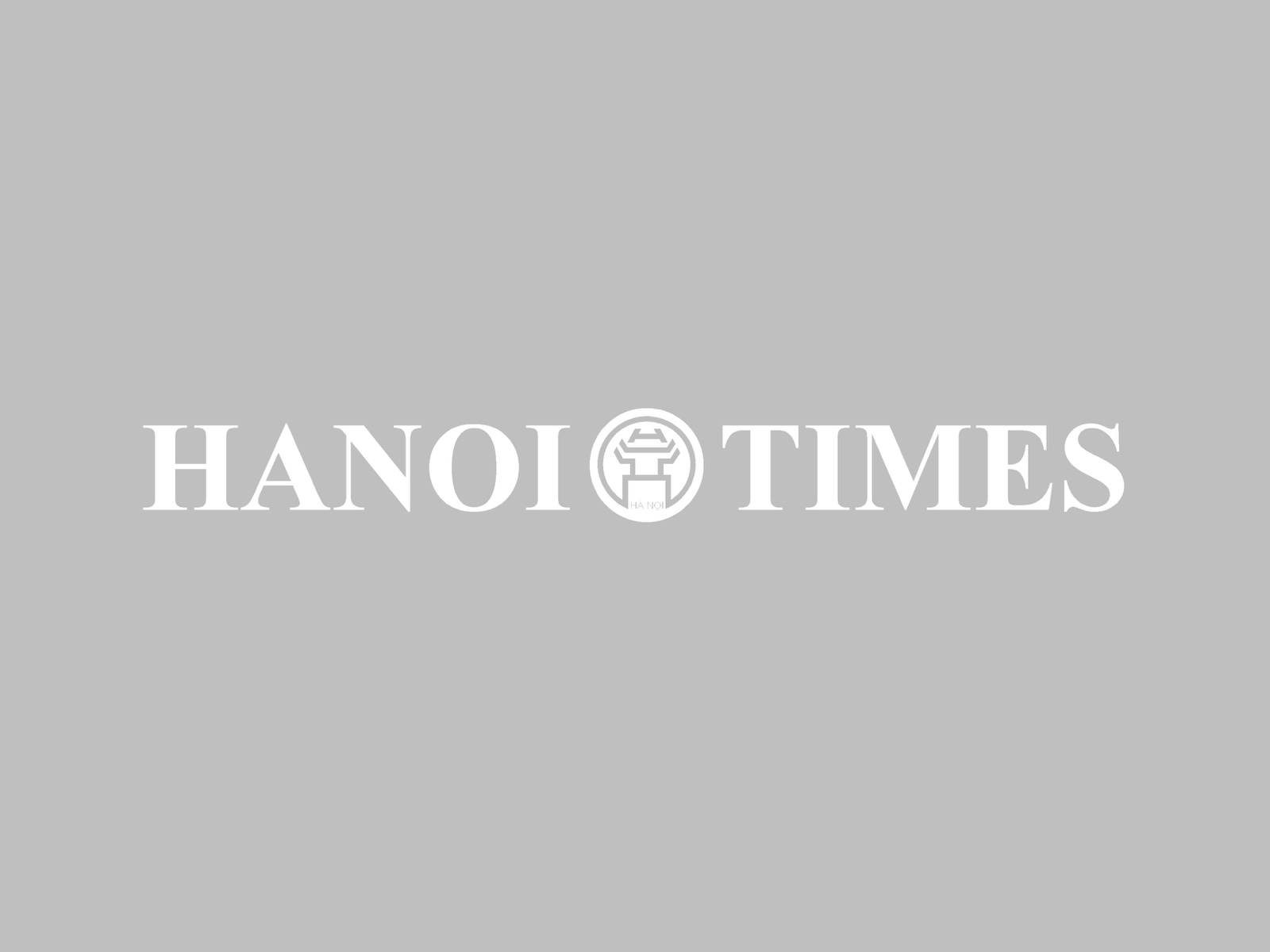
Trade surplus between Vietnam and the United States in the period of 2007-2018 (USD billion). Photo: Customsnews
|
North Korea is now like Vietnam in the past. They are looking for new ways to get out of their isolated situation with the world. The Vietnamese model of economic prosperity without sacrificing political control could work well for the North Korean strongman, he believes.
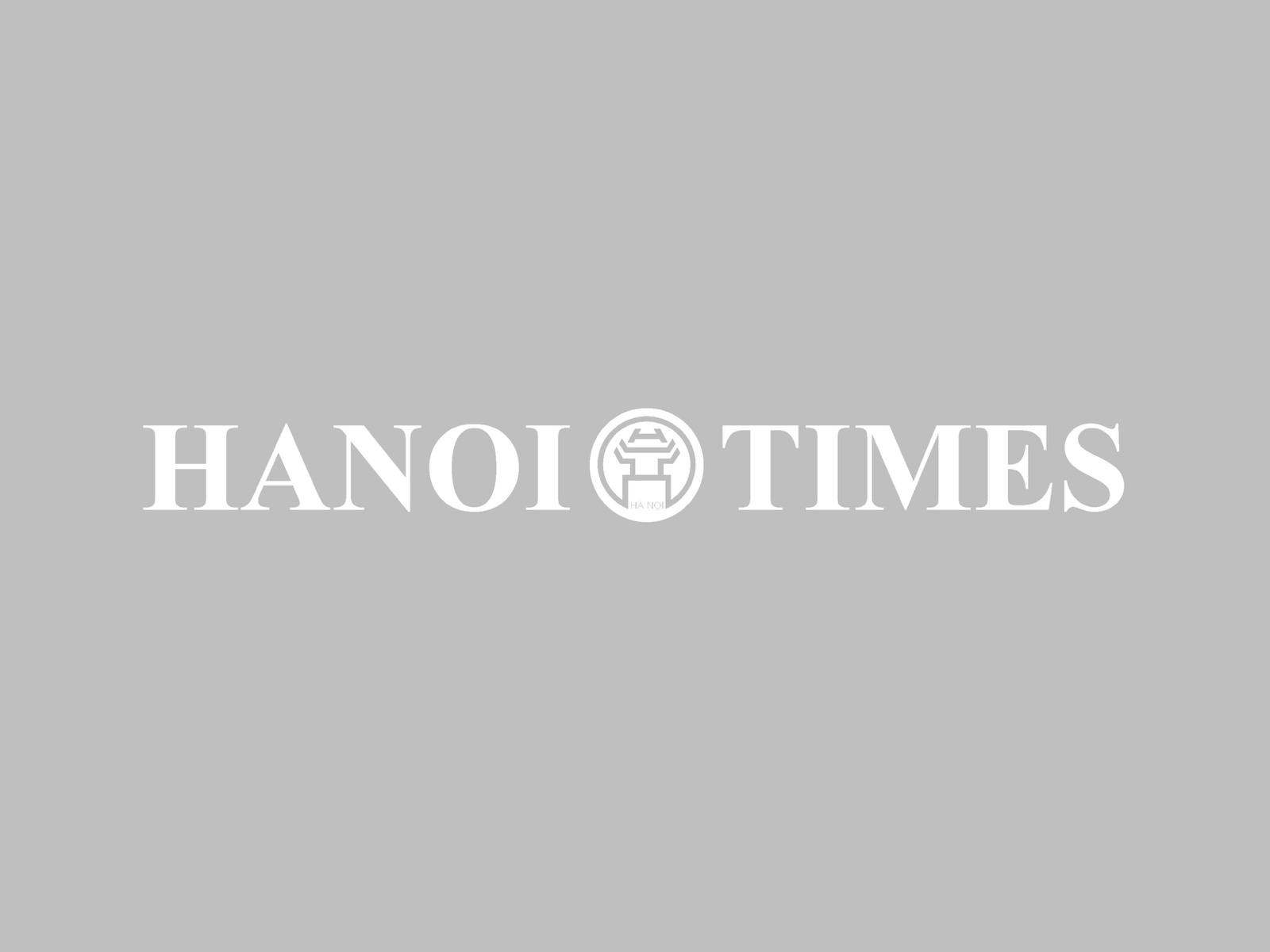
Nguyen Manh Hung and his neighbors pose with US President Barack Obama in May 2016. Photo: NRP
|
Nguyen Manh Hung, the owner of a coffee shop in Hanoi, keeps a picture on the wall of him with former US President Obama and some neighbors taken during the president’s 2016 restaurant visit. “Everybody was very happy, and there was a big crowd,” he says. “When Obama got out of his car, he shook hands with everyone and everyone was very friendly,” the NPR quoted him as saying
During the visit to Vietnam for the Trump-Kim second summit late last month, delegations of North Korean officials visited different places of Vietnam, including Ha Long Bay; military-led Viettel Group – the giant telecom company with networks in 10 countries namely Peru, Cambodia, Laos, Haiti, Burundi, Timor Leste, Mozambique, Cameroon, Myanmar, and Tanzania; Vinfast automobile factory owned by Vingroup – the largest private conglomerate in Vietnam; and a plastic plant.
Others proffer evidence that Kim has already overseen a sizable shift towards a more free-market economy. But he has yet to make a decisive break favoring butter over guns. We’ll see if Vietnam changes his mind.








